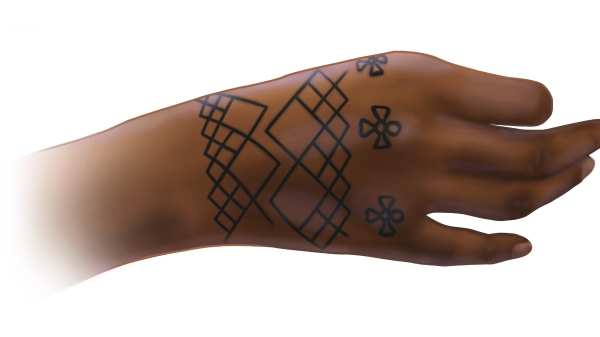Expanding access to bereavement resources

To help parents support their grieving children, a group at Arizona State University’s REACH Institute led by professors Irwin Sandler and Sharlene Wolchik, with funding from the New York Life Foundation, have developed online “practical tools” for bereaving families — families who are dealing with loss. Photo courtesy of Pexels.com.
When a loved one dies, life changes dramatically and unexpectedly. It is a challenging time for anyone, however the death of a parent can be especially difficult for young children. It is estimated that by the age of 15, 1.5 million children have had one or more parents die, and 40,000 children experienced the death of a parent due to COVID-19 in the past year alone.
To help parents support their grieving children, a group at Arizona State University’s REACH Institute led by professors Irwin Sandler and Sharlene Wolchik with funding from the New York Life Foundation have developed online “practical tools” for bereaving families — families who are dealing with loss.
These tools promote parents’ ability to take care of their own well-being and enhance their children’s resilience following the death of their parent. The practical tools are derived from the most extensively evaluated program for bereaved families, the Family Bereavement Program. A randomized controlled trial of this 12-session group-based program found that it reduced prolonged, impairing grief and mental health problems of bereaved children and their parents up to 15 years after participation.
Sandler and Wolchik found that strengthening parenting was a key factor responsible for many of the long-term program benefits. The online practical tools now make some of the previous program’s key activities fully accessible to the public and to those who provide services to bereaved families.
Sandler’s research also highlights the critical role of caregivers in the bereaved child relationship. When children are recovering from the loss of a parent, an important factor in the success of their recovery is the role of a supportive caregiver.
“Because parents are dealing with their own grief while raising a child on their own, the program focuses on how parents can provide their children and themselves with the support they need following the death. One thing that was really impressive was how parents became more effective by using what we call resilient parenting,” Sandler said. “Resilient parenting involves not only promoting children’s resilience but also the parent’s own self-care."
The practical tools that are now available on the new website promote four key aspects of bereaved parenting. The foundation is self-care: parents’ ability to be kind to themselves during this time when they are grieving. The second tool teaches simple activities parents can use to help build stronger bonds with their children. The third involves basic communication tools to help children open up and share more. And the fourth focuses on tools to help parents respond in a way that helps children feel understood.
Each tool is designed to be brief, from 15 to 25 minutes, and provides both teaching and modeling of how to use the resource, as well as how to remove barriers from using the tool with their family. Each tool is accompanied by a webinar in which Sandler speaks with service providers about how they can use these tools in their work with bereaved families.
“Existing interventions give basic tips on how to support grieving the loss of a parent, but none of them are exceptionally practical and instruct how to do it in a real-world setting,” Sandler said. “The Family Bereavement Program has shown success by applying advanced teaching methods to show parents how to support their child while they grieve the loss of the other parent or caregiver.”
For access to these free online resources, visit the Resilient Parenting Website. Programs include: “Creating stronger family bonds," "Listening so your children will share more," "Responding to your children so they feel understood," and “Being kind to yourself."
More Science and technology
Findings on adenoviruses in baby gelada monkeys provide a window into our own cold and flu season
If you have young kids or spend time around day care centers, you know the drill: Someone gets a cold, and soon the whole group…

Student teams create AI tools to help neurodivergent learners
When Stevie Cervantes was a first-year student at Arizona State University, she shied away from using AI.“AI was everywhere and…

ASU researchers shed light on ancient tattoos in the Nile Valley
Long after an archaeological excavation, discoveries can still be made. One such example of this is newly discovered tattoos from…